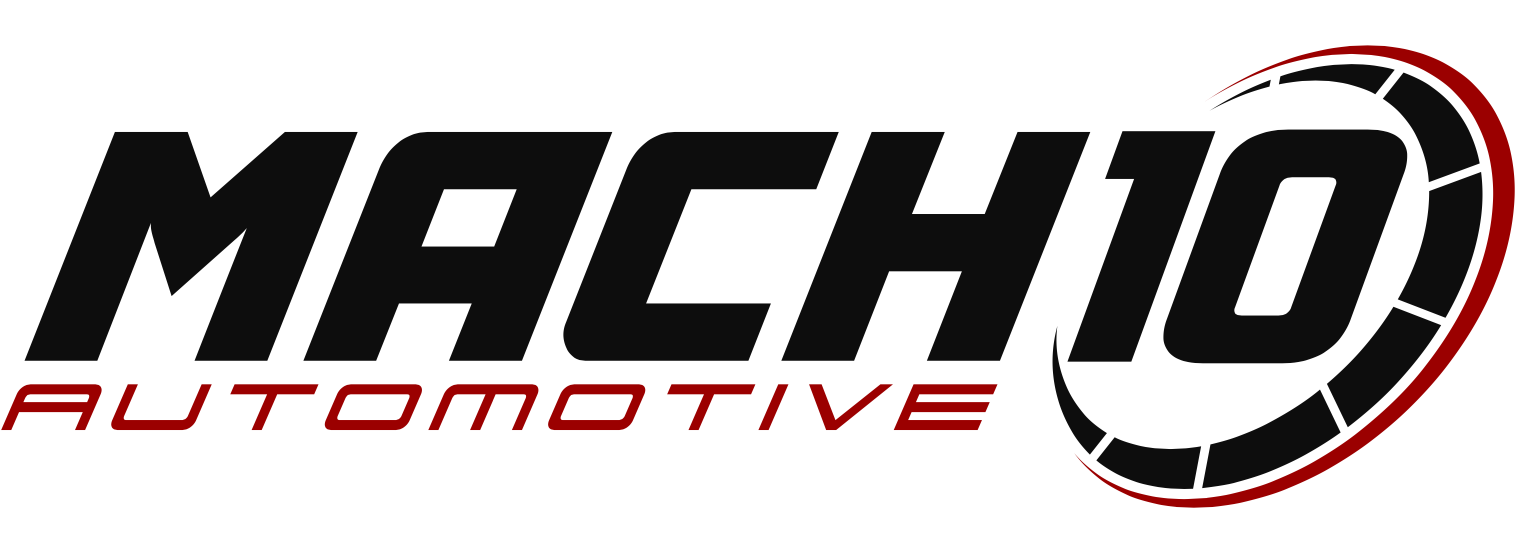Planning for Tomorrow: Succession Planning in Automotive Dealerships – Part 3

Owning and operating an automotive dealership, or group, is a demanding yet rewarding business. However, one of the most critical and often neglected aspects of owning a dealership is succession planning. While many dealers focus on day-to-day operations, few take the necessary steps to ensure long-term success through structured, transitional strategies. Succession planning isn’t just about preparing for the future or identifying a “successor”; it’s about maximizing business performance today while setting a foundation for sustained growth and stability.
At some point, every dealer principal must address key questions about the future of their business:
- Should I plan for growth through acquisitions?
- Is my business operating at its full capacity, and potential?
- Do I capitalize on our success & exit?
- Do I consider transitioning ownership to family members?
- Should I transition the business through an Employee Stock Ownership Plan (ESOP)?
Tackling these questions requires more than casual contemplation – it demands a structured, strategic approach supported by expert guidance.
In the first two articles in the series, I discussed what dealer principals should consider when contemplating growth through acquisitions. I reviewed and discussed the importance for a dealership to operate at its capacity, whether for the sake of maximizing profitability, or as part of a strategic process to maximize the exit value of the business at the time of a sale.
Do I capitalize on our success & exit?
In this third installment of my four-part article series, I explore the key factors a dealer principal should consider when asking, “Is now the right time to capitalize on our success and exit?” I will discuss some of the many aspects associated with planning and executing a successful buy/sell and what dealers must clarify before committing to a sale.
Unlike traditional business transactions, selling an automotive dealership involves multiple layers of complexity, from valuation intricacies to manufacturer approvals. Dealer principals must not only secure the best possible price but also navigate legal, financial, and logistical considerations that can make or break a deal. A structured approach, guided by subject matter experts, including M&A advisors, is essential to achieving a successful outcome.
Deciding to sell is just the beginning. A crucial question is whether the dealership is operating at peak profitability. If not, the principal risks leaving substantial money, potentially millions, on the table. Fortunately, with the right planning and execution, as covered in my second article, this can be avoided.
Strategic timing: When to sell for maximum value in a post-COVID trading environment
Timing is crucial in maximizing profitability and ensuring success of a dealership sale. After record profits from 2020 to 2022, the market has shifted, with profitability returning to pre-COVID-19 levels. Interest rates, consumer demand, and economic conditions continue to influence dealership valuations, making it essential for dealer principals to monitor these factors closely when considering an exit.
With margin compression now a constant challenge, selling a dealership requires more than referencing past financial performance. A strong business case must reflect current market realities to attract buyers and secure optimal value.
A constant or slightly improved revenue model coupled with declining net operating profit year-over-year does not support a straight-line valuation projection based on 2022 or 2023 sale prices. Buyers assess dealership value through a nuanced lens, weighing revenue trends, profitability, and the multiple they are willing to pay based on the overall attractiveness of the specific brands in the portfolio.
For sellers to maximize value, they must now take a more realistic approach, one that acknowledges the direct relationship between revenue growth or decline, net profit margins, and the market-driven multiples buyers are applying today. Without this alignment, expectations may not meet market realities, making it essential for dealer principals to craft a well-supported business case that justifies valuation in today’s market.
With the current market dynamics in play, operational readiness and profitability are paramount. Recognizing buyers will scrutinize financial performance over the trailing 12-24 months, maximizing the dealership’s operational efficiency and profitability well in advance of a sale is critically important. A dealership that is strategically optimized before being listed for sale not only commands a higher valuation but also attracts more competitive buyers, leading to improved deal terms and a seamless transition.
Accurate valuation: The cornerstone of a successful sale
Determining a dealership’s fair market value is a complex process influenced by profitability, brand reputation, franchise agreements, and real estate. Without expert valuation, dealers risk undervaluing their business or overpricing it, deterring buyers.
M&A firms use industry benchmarks, historical data, and financial modeling to provide accurate valuations, ensuring competitive positioning and maximum value in the market.
Identifying and securing the right buyer
Finding the right buyer is not just about securing the highest offer; it requires ensuring that the prospective buyer has financial stability and operational expertise to complete the transaction. Many dealer principals struggle with identifying and vetting buyers, leading to prolonged negotiations and failed deals known as “deal fatigue”.
With extensive industry networks, M&A firms connect sellers with pre-qualified buyers, including large dealer groups, private equity firms, and high-net-worth individuals. These firms conduct thorough due diligence, verifying the financial capability and strategic alignment of each potential buyer before entering negotiations.
Maintaining confidentiality throughout the process
Confidentiality is crucial in dealership sales. Only key management members with a vested interest should be informed to prevent uncertainty among employees, suppliers, and customers. Premature leaks can also give competitors an advantage.
Strict confidentiality protocols must be in place when exploring a sale, ensuring sensitive information is shared only with serious, qualified buyers at the right stage. When a transaction involves a publicly traded company or group, required filings may make the information public. A well-planned communications strategy is essential to control the narrative, minimize disruptions, and protect the dealership’s market position.
Managing legal and regulatory requirements and navigating deal structuring
The structure of a dealership sale involves intricate financial and legal components, such as P&L analysis, asset purchases, stock purchases, working capital adjustments, and post-sale transition agreements. Dealer principals unfamiliar with these complexities may struggle to negotiate favorable terms, and overlooking any of these factors can result in unexpected liabilities or legal disputes.
M&A firms generally work alongside the dealer principal’s CPA and law firm that specializes in auto dealership transactions and provide the overall deal-structure, ensuring that negotiations address the key issues such as purchase price allocations, tax, financing, and real estate issues, among many others. Jim Barone, a partner with Ferruzzo & Ferruzzo, LLP, a law firm with offices in California and Texas, has represented over 200 clients in the purchase and sale of dealerships, provides some context: “It’s critical for a dealer to partner with experienced advisors when the decision is made to sell the dealership. My job is to protect the dealer while at the same time making sure the deal gets done. One of my objectives is to identify, in advance, the best remedies to overcome potential obstacles before going to market. On the purchase side, I focus on practical solutions to the many issues that arise during the process. In each case, it is important to work as a team, with the dealer and the CPA, to address the tax implications in a tax-efficient manner.”
Ensuring compliance with manufacturer approvals
Automotive dealerships operate under franchise agreements, meaning that any sale must be approved by the vehicle manufacturer. Each manufacturer has its own requirements and review processes, which can delay or even derail a transaction if not handled correctly.
M&A firms and law firms, such as Ferruzzo & Ferruzzo, have extensive experience working with the OEMs and have a deep understanding of their approval processes. They work closely with all parties to facilitate a smooth transition, anticipating and addressing potential concerns early in the process to prevent delays.
Achieving a profitable and stress-free exit
Exiting a successful business is not just about selling, it’s about capitalizing on years of hard work and securing the best possible outcome for both the principal and the dealership’s future.
For dealer principals considering a sale, partnering with subject matter experts is a strategic decision that will help optimize value, minimize risk, and streamline the transition. These firms bring expertise in valuation, buyer identification, negotiation, legal compliance, and deal structuring, all critical elements that contribute to a successful sale and hassle-free exit.
What’s next?
In the final installment of my 4-part article series, I will discuss the pros and cons associated with “handing over the keys” of the business to your children or other family members. I will also outline what to consider if transferring the business and its leadership to management through an employee stock ownership plan (ESOP) is an option.
Planning for tomorrow starts today. Mach10 Automotive offers dealerships strategic advisory services including M&A, Succession Planning, and dealership performance optimization advisory services designed to ensure success today, setting the foundation for long-term stability and growth.
Author: George Pero
George Pero is an accomplished leader in the automotive industry. George began his career in the automotive retail sector, where he held various management positions. George’s career achievements include successfully launching, operating, and selling Auctions In Motion (“AIM”), a regional “mobile” auction company that brings the auction to the dealer. George has extensive knowledge & expertise in mergers & acquisitions in the automotive sector, having overseen more than $1 billion in transactions. His sales and general management experience coupled with his success in M&A activities led George to establish Mach10 Automotive, a Dealer Advisory firm offering a 360-degree suite of services to include dealer performance improvement, succession planning, and M&A.












